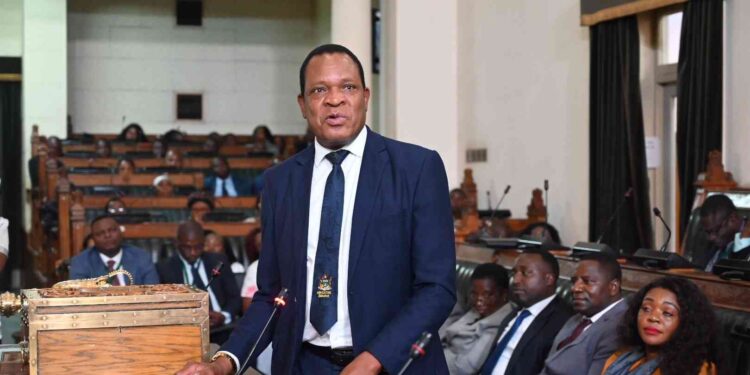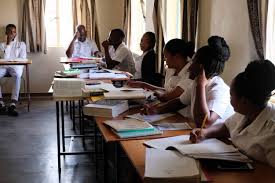Zimbabwe’s government announced yesterday a dire situation, with more than half of the nation’s population in need of food aid due to the El-Niño-induced drought.
The revised appeal for aid now stands at US$3 billion, up from the previously stated US$2 billion, reflecting the severity of the crisis.
Agriculture Minister Anxious Masuka, speaking at a post-Cabinet briefing, disclosed that close to 8 million people, representing over half of the population, will require assistance according to the 2023/24 Summer Crop Marketing and Food Security Outlook.
President Emmerson Mnangagwa had declared the drought a national disaster last month, aiming to mobilise resources from both domestic and international aid agencies.
Despite assurances from the government that no one will perish from hunger, the situation remains critical.
Masuka outlined the aid plan, which includes distributing maize, wheat, or traditional grains depending on regional needs. Vulnerable urban populations will also receive cash transfers.
The minister emphasised vigilance against profiteering, urging citizens to report any instances of inflated prices for essential food items.
The government’s acknowledgment of being caught off guard by the severity of the drought contrasts with earlier claims of sufficient grain reserves. Finance Minister Mthuli Ncube revealed plans to reallocate funds within the national budget to cover food imports and mitigate the hunger crisis.
Information Minister Jenfan Muswere disclosed the findings of recent assessments, indicating that six million rural residents and 1.7 million urban dwellers will require assistance between May 2024 and March 2025. Additionally, the Grain Marketing Board’s current stock stands at 423,779 tonnes, with expectations for the private sector to import additional supplies.
The stark reality revealed by these assessments underscores the urgency of the situation, with over 51% of Zimbabwe’s population facing food insecurity. As the nation grapples with this crisis, swift and coordinated efforts are imperative to prevent further suffering and ensure the well-being of all citizens.
Source NewsDay









